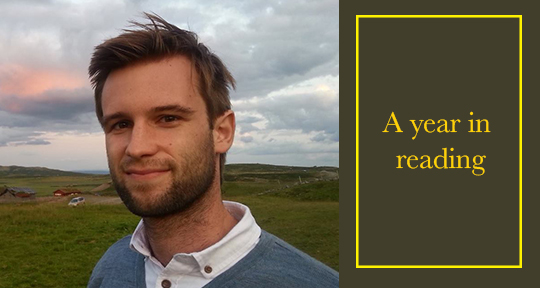This week, our editors-at-large report on the intersection of literature and politics, from a pledge by leading others to boycott Israeli cultural institutions to a book launch by a prominent Kenyan political figure. From a historic call for solidarity with Palestine to an alleged abduction following a book launch, read on to find out more.
Carol Khoury, Editor-at-Large, reporting from Palestine
In a historic move, over 6,500 authors and literary professionals have pledged to boycott Israeli cultural institutions, citing their complicity in the oppression of Palestinians. This unprecedented commitment, initiated by more than 1,000 signatories, underscores a growing global response to the ongoing humanitarian crisis in Gaza. The open letter articulates a collective moral stance: “We cannot in good conscience engage with Israeli institutions without interrogating their relationship to apartheid and displacement.”
Notable figures among the signatories include Nobel laureates Annie Ernaux and Viet Thanh Nguyen, alongside prominent authors such as Sally Rooney, Arundhati Roy, and Michael Rosen. The letter draws parallels to the cultural boycott against apartheid South Africa, emphasizing the role of culture in normalizing injustices. It states that Israeli cultural institutions have historically obscured the realities of Palestinian dispossession and oppression.
The authors express that working with these institutions would contribute to harm against Palestinians, urging fellow writers and industry professionals to join their cause. They call for a recognition of moral responsibility and a refusal to support entities that perpetuate systemic injustice. This movement represents one of the most significant cultural boycotts in recent history, reflecting a profound commitment from the literary community to advocate for Palestinian rights amidst escalating violence and humanitarian crises. READ MORE…











